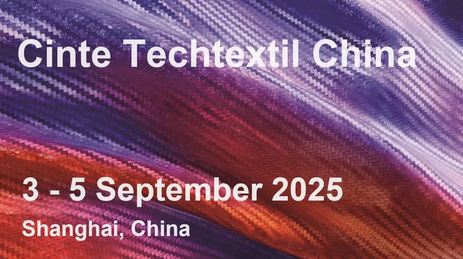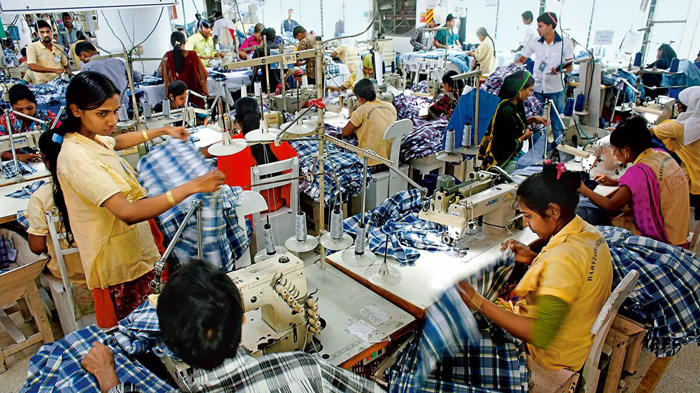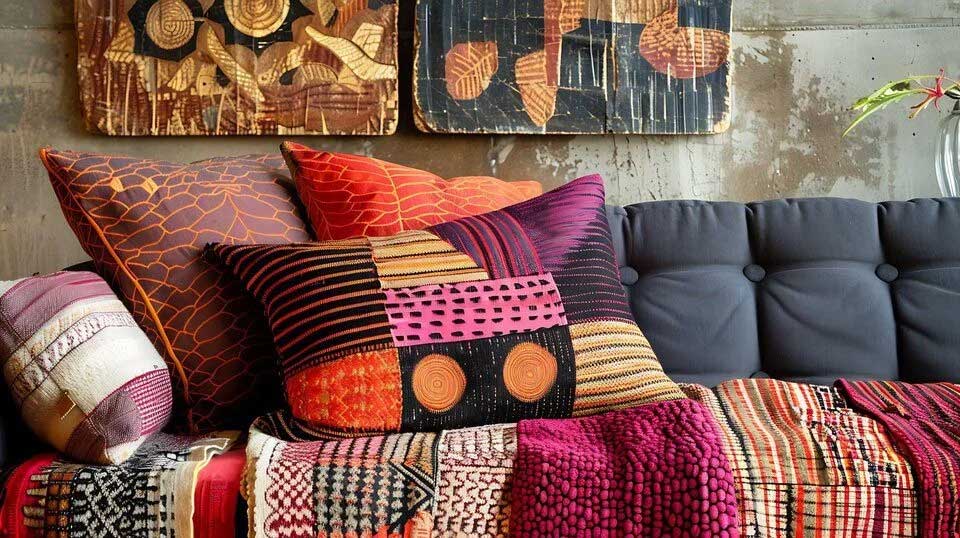"With sustainability gaining traction across the globe, fashion brands are going all out to align operations with better environmental practices. This was evident from all the fashion shows held last month in New York, London, Milan and Paris which focused on sustainability. Spanish fashion retailer Zara announced its plans to go organic by 2025."
 With sustainability gaining traction across the globe, fashion brands are going all out to align operations with better environmental practices. This was evident from all the fashion shows held last month in New York, London, Milan and Paris which focused on sustainability. Spanish fashion retailer Zara announced its plans to go organic by 2025. The brand also plans to make all its stores eco-efficient by the end of this year. This would enable it to reduce carbon emissions and reduce wastes.
With sustainability gaining traction across the globe, fashion brands are going all out to align operations with better environmental practices. This was evident from all the fashion shows held last month in New York, London, Milan and Paris which focused on sustainability. Spanish fashion retailer Zara announced its plans to go organic by 2025. The brand also plans to make all its stores eco-efficient by the end of this year. This would enable it to reduce carbon emissions and reduce wastes.
Promoting an ecological chain of thoughts
These initiatives are a major deviation from earlier times when brands did not focus so much on sustainability. They were more concerned about increasing profit margins which led them to churn out cheap clothing in bulk quantities. These clothes were then sold off in stores at a jet setting speed. However, faster production cycles resulted in increasing risk to labor health and huge waste accumulation as consumers began dumping garments frequently with changing fashion trends.
Waking up to the hazards of fast fashion, brands are promoting a more ecological chain of thought. Popular fashion retailers including H&M, Uniqlo, Benetton, Zara, etc, are making sustainability an intrinsic part of their value chain and ethos. For instance, H&M plans to use only sustainable cotton by 2020, Similarly, Japanese retailer Uniqlo announced plans to focus on five areas of action-change, energy efficiency, water stewardship, waste management and resource management as a part of its revised Environmental Policy introduced in June 2018. 
Slow fashion to replace fast fashion
Alongwith these initiatives, brands are considering alternate ways of being more responsible. They are opting for slow fashion, as against fast fashion, to become more sustainable. Uniqlo has developed a new technology in partnership with Japanese major Toray to incorporate recycled materials. The brand plans to collect pre-owned Uniqlo down products in Japan and send these to be recycled at its Toray facility.
‘Clothes on rent’ service is catching up. This reduces the purchase of excess clothes by the consumers, thus curtailing waste. The Clothing Rental, a rental service offers original pieces of clothing to its clients. The firm feels, the concept of renting clothes elongates their lifespan. It also leads to lesser production and promotes a sustainable way of being fashionable.
Changing shopping pattens
Consumers are realising the worth of living consciously. They are becoming more aware and sensitive to environmental issues. Brands too are educating consumers on efforts that can lead to positive shopping patterns. For instance, Uniqlo has introduced ‘Eco bags’ to replace plastic shopping bags. These bags are environment-friendly and help the brand to ensure a secure future.












